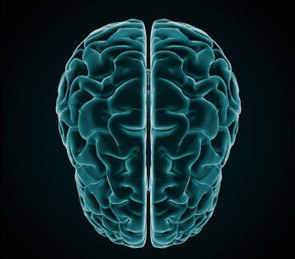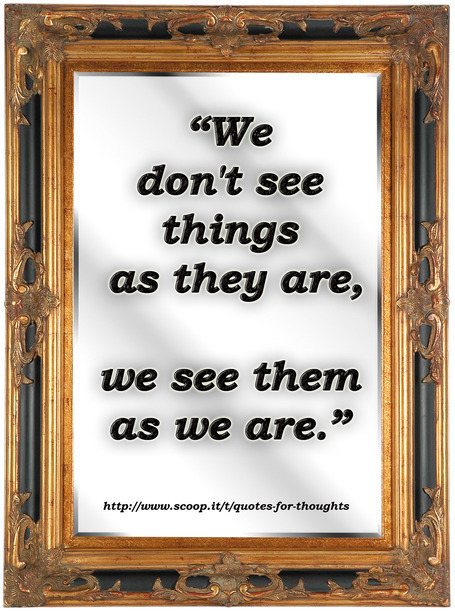One paradox of good fiction is that it centers on sadness. If fiction gives us pleasure, then why are we drawn towards what’s gravely unpleasant?
Research and publish the best content.
Get Started for FREE
Sign up with Facebook Sign up with X
I don't have a Facebook or a X account
Already have an account: Login

 Your new post is loading... Your new post is loading...
 Your new post is loading... Your new post is loading...
|

Ricardo Laviada twitter: @ricalavia's comment,
March 26, 2012 7:29 PM
Gracias a Lur Lurias por esta sugerencia
|











![[VIDEO] The Riddle of Fiction | Science News | Scoop.it](https://img.scoop.it/0anfHYGHVOzau_lhsUgCLDl72eJkfbmt4t8yenImKBVvK0kTmF0xjctABnaLJIm9)









